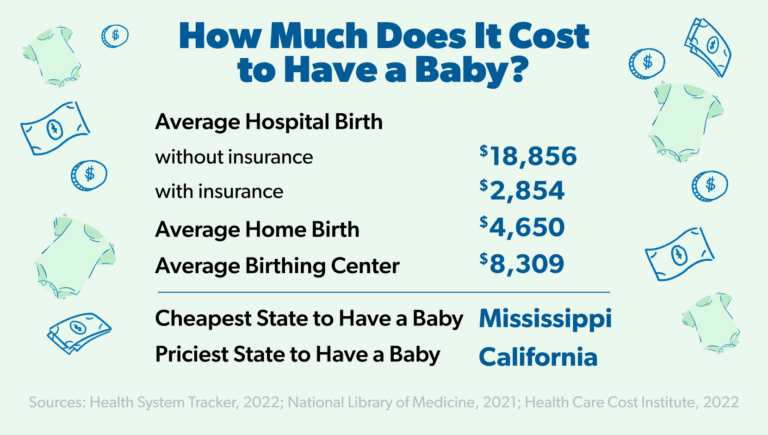What Are The Generation Names: A Comprehensive Guide
Throughout history, generations have been identified by unique names that reflect the cultural, social, and economic influences of their time. From the “Greatest Generation” to “Generation Z,” these names provide insights into the defining characteristics, values, and experiences of each cohort.
In this comprehensive guide, we delve into the fascinating world of generation names, exploring their origins, evolution, and the factors that shape their significance. We’ll also examine the cultural and societal implications of these names and speculate on their future.
What Are The Generation Names
:max_bytes(150000):strip_icc()/names-of-generations-1435472_v31-5b48e0cec9e77c0037f56645.png?w=700)
Generation names are labels given to different generations of people, typically based on the time period in which they were born or came of age. These names are often used to describe the unique characteristics, values, and experiences of each generation.
The Silent Generation
The Silent Generation, also known as the Traditionalist Generation, was born between 1928 and 1945. They are known for their hard work, loyalty, and patriotism.
The Baby Boomers
The Baby Boomers were born between 1946 and 1964. They are the largest generation in history and are known for their optimism, idealism, and social activism.
Generation X
Generation X was born between 1965 and 1980. They are known for their independence, self-reliance, and skepticism.
Generation Y
Generation Y, also known as the Millennial Generation, was born between 1981 and 1996. They are known for their tech-savviness, social media use, and entrepreneurial spirit.
Generation Z
Generation Z was born between 1997 and 2012. They are known for their digital fluency, global awareness, and social justice activism.
Helpful Answers
What is the purpose of generation names?
Generation names serve several purposes. They provide a way to identify and distinguish different cohorts, highlight shared experiences and values, and create a sense of belonging among members of a particular generation.
How do generation names evolve over time?
Generation names evolve in response to changing social, cultural, and economic conditions. Major historical events, technological advancements, and societal shifts can all influence the emergence of new generation names.
What are some examples of generation names from different cultures?
Examples of generation names from different cultures include the “Silent Generation” in the United States, the “Baby Boomers” in the United Kingdom, and the “Lost Generation” in France.
How do social and economic factors influence generation naming?
Social and economic factors can shape generation names by highlighting the dominant values, beliefs, and aspirations of a particular time period. For example, the “Me Generation” emerged during a period of economic prosperity and individualism.
What are some potential trends in the future of generation naming?
Potential trends in the future of generation naming include the use of more inclusive and diverse names, the influence of technology and social media, and the globalization of generation names.





